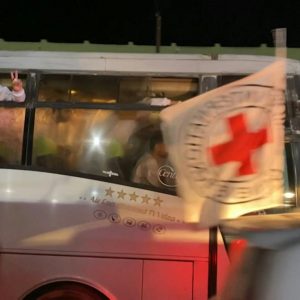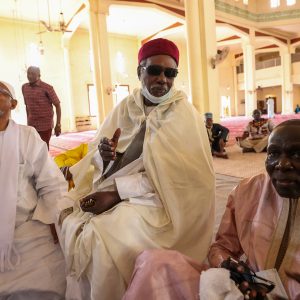Sarajevo marks 30th anniversary of siege with memories still alive
SARAJEVO, Bosnia and Herzegovina – The 1992 Bosnian War, which started with Serbian troops’ siege of Sarajevo and left over 100,000 people killed, has still its traces alive though decades have passed.
Bosnia-Herzegovina declared independence from Yugoslavia following the referendum on March 1, 1992.
Shortly after the Balkan country became an independent state, Serbian troops besieged Sarajevo on April 5. The siege started a bloody war that continued for three-and-a-half years and left great tragedies and haunting memories.
The Serbs began targeting areas with Muslim majority following the referendum; their goal was to declare a new Bosnian Serb region affiliated with Serbia.
The Serbs deployed 13,000 soldiers on the hills surrounding Sarajevo and besieged the city, targeting it with both heavy and light weaponry.
Acknowledged as the longest military siege in modern history, the siege of Sarajevo continued for 1,425 days and 11,541 people, including 1,601 children, lost their lives.
The war spread across the country following the siege of Sarajevo, leaving some 100,000 people dead. At least 2 million others were forced to abandon their homes.
Upon the initiative of US diplomat Richard Hallbrooke, the Dayton peace agreement was signed by Alija Izetbegovic, first president of Bosnia and Herzegovina, and then presidents of Serbia and Croatia, Slobodan Milosevic and Franjo Tujdman, respectively.












